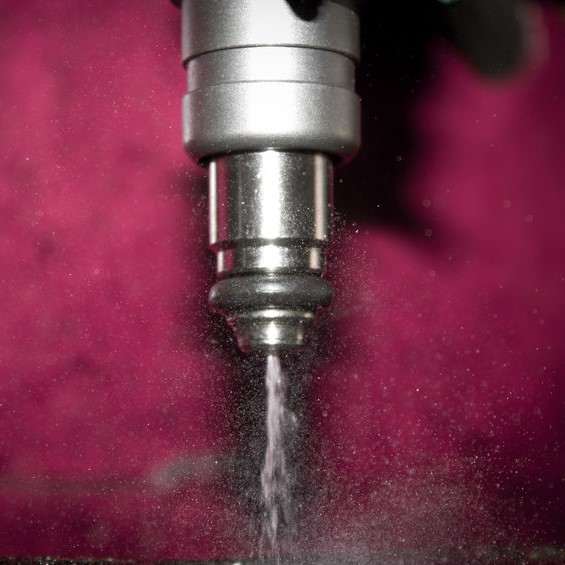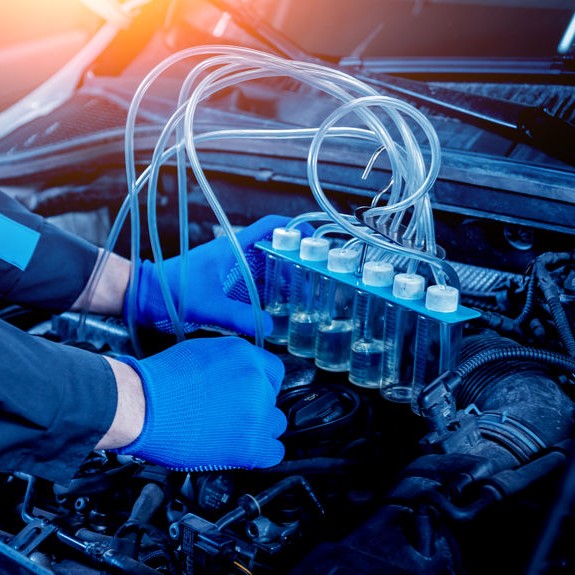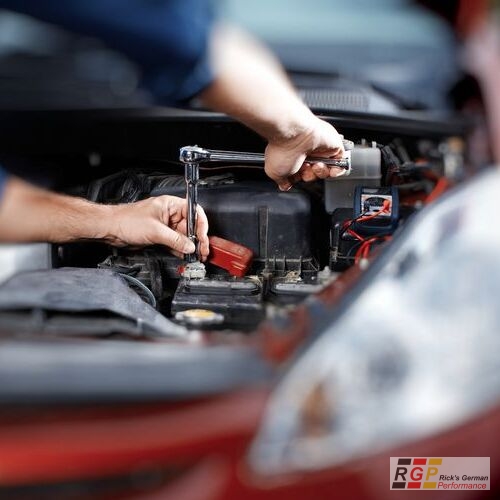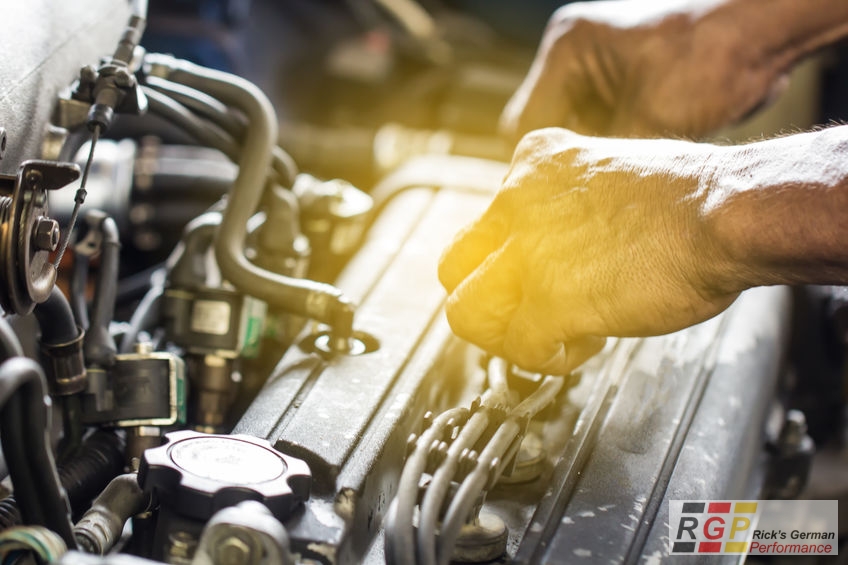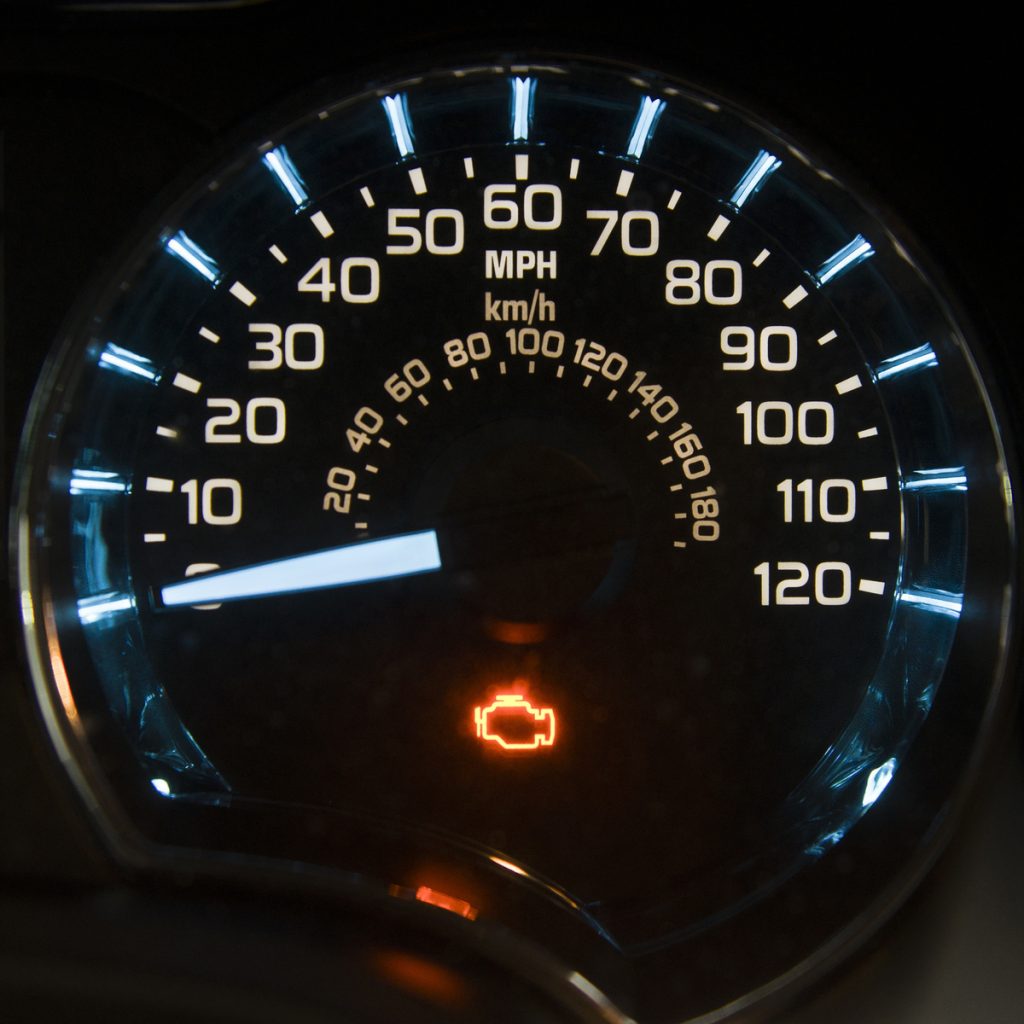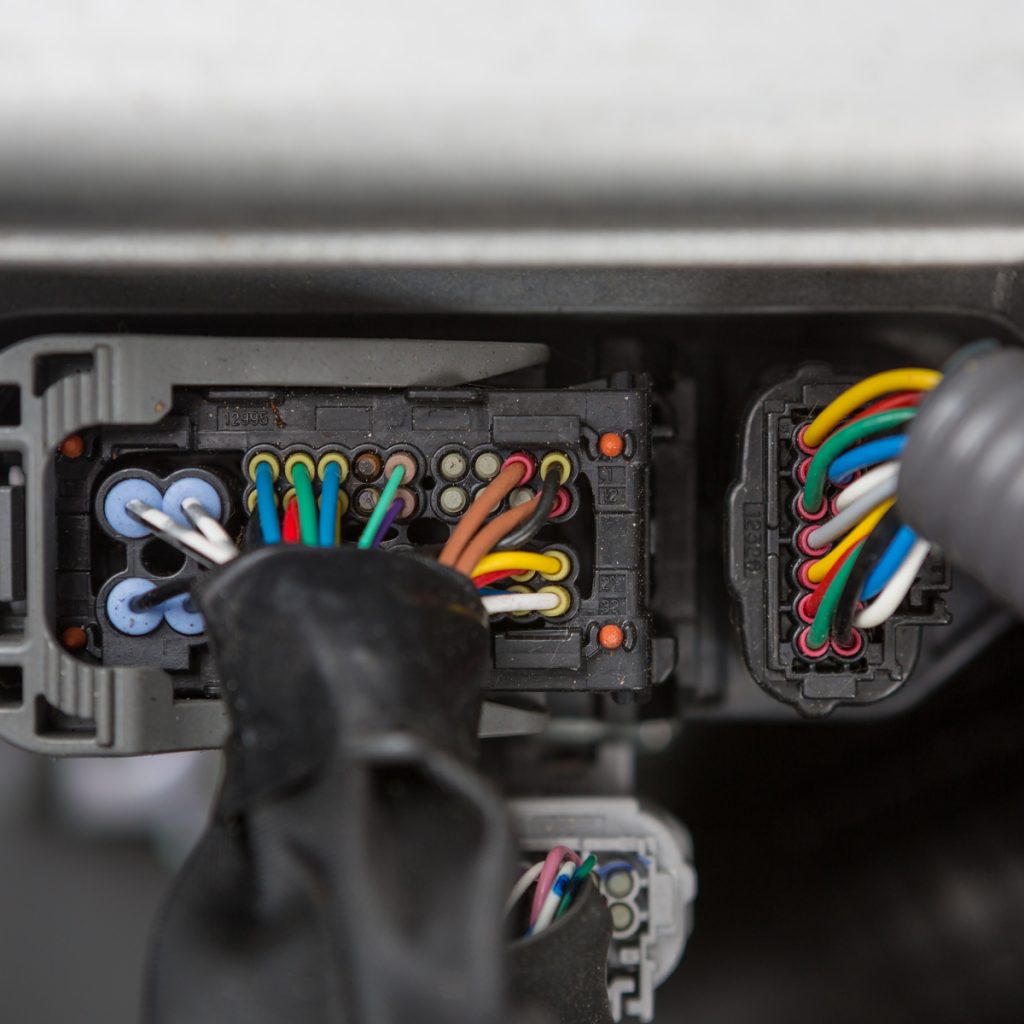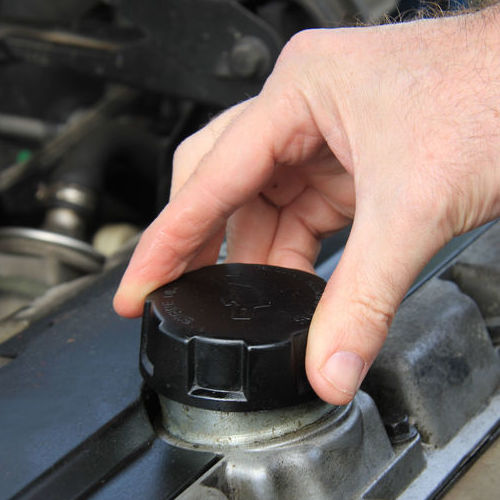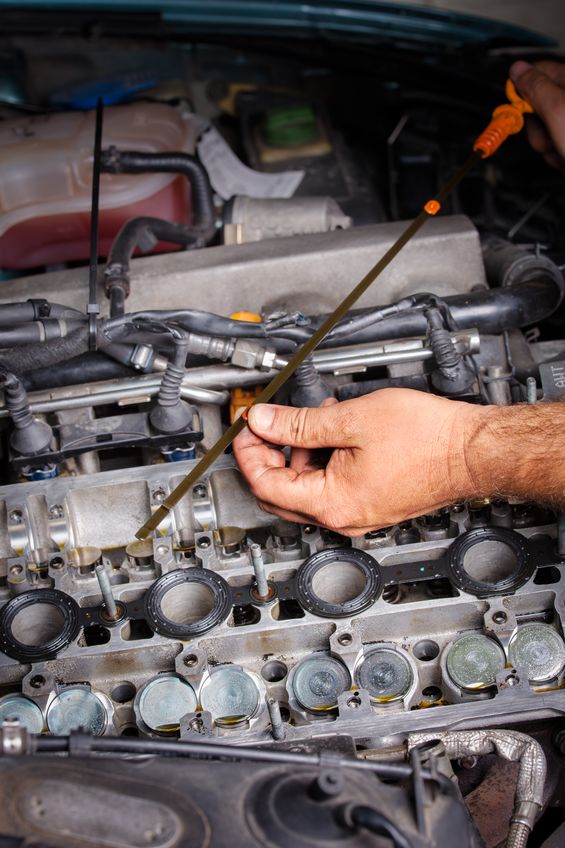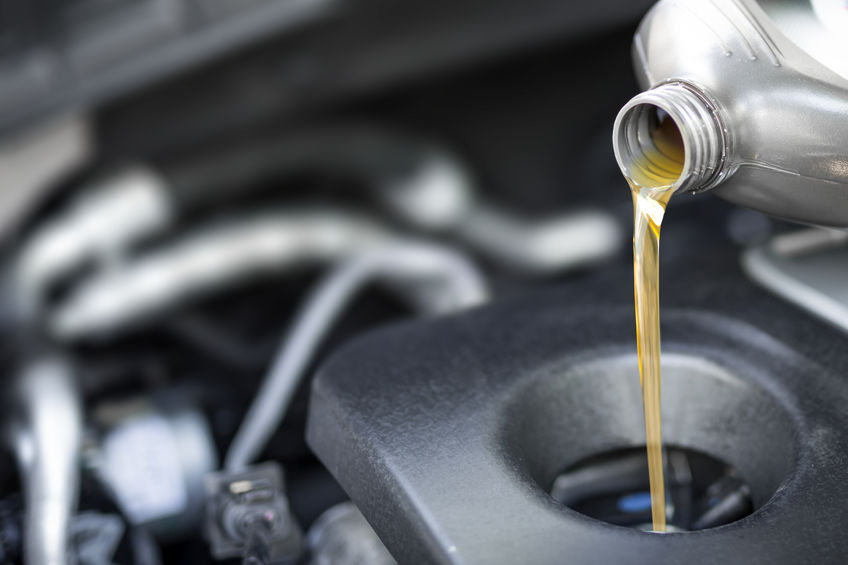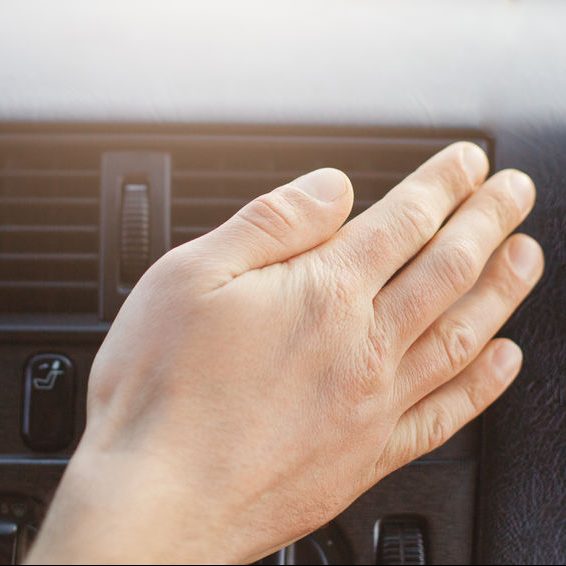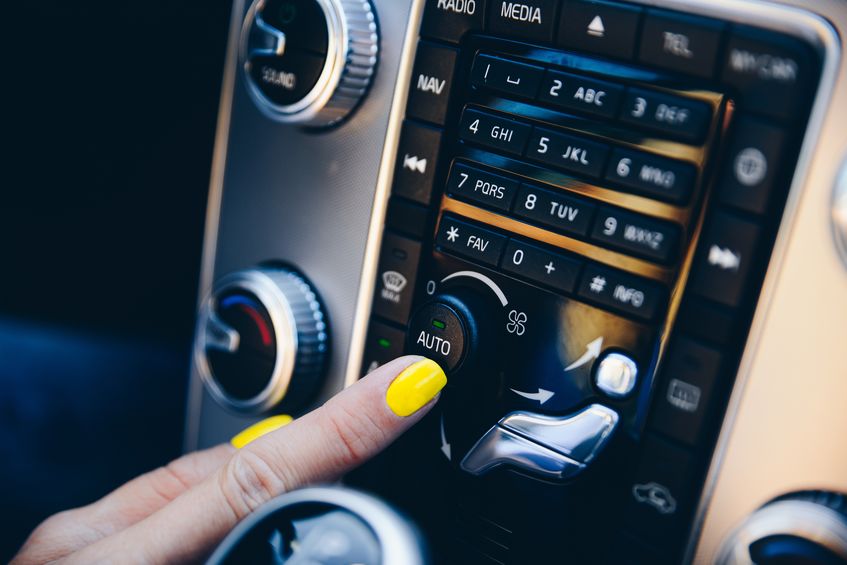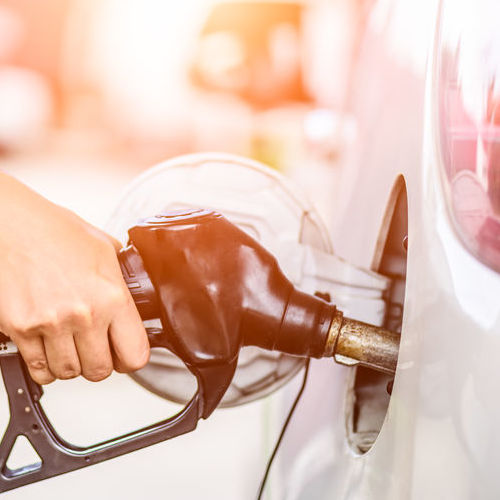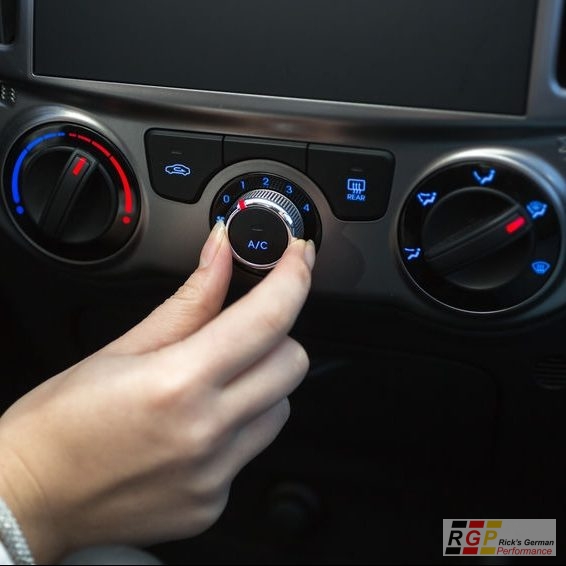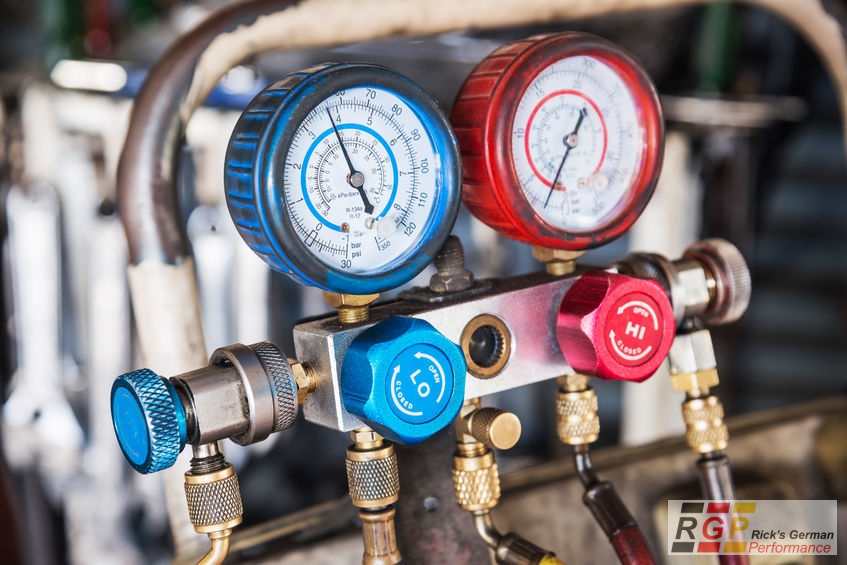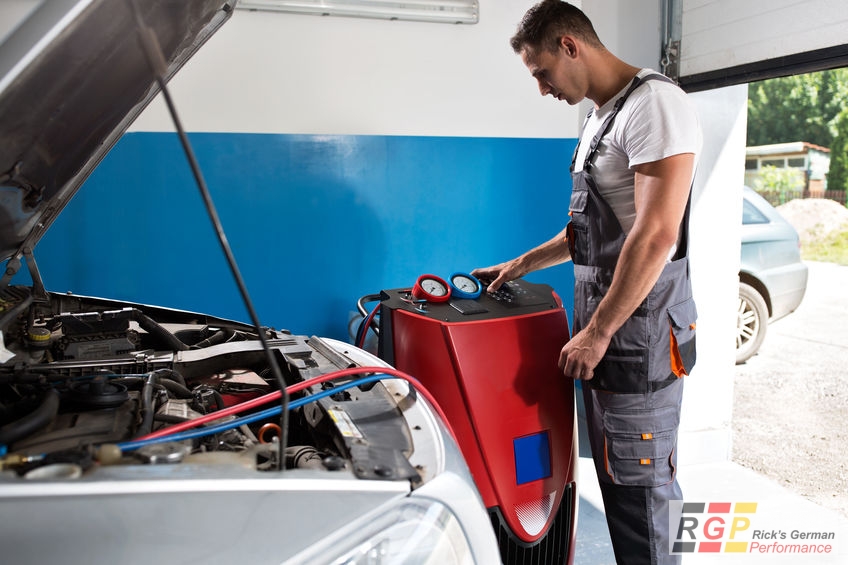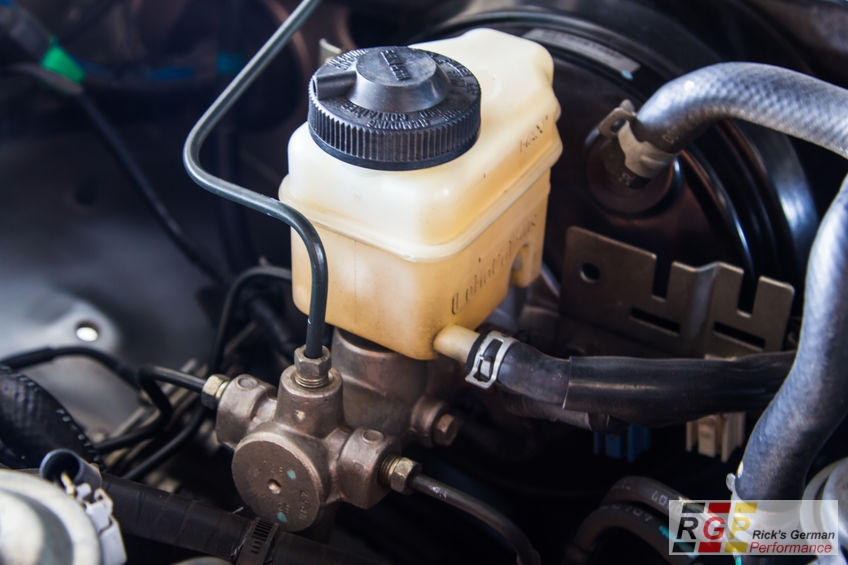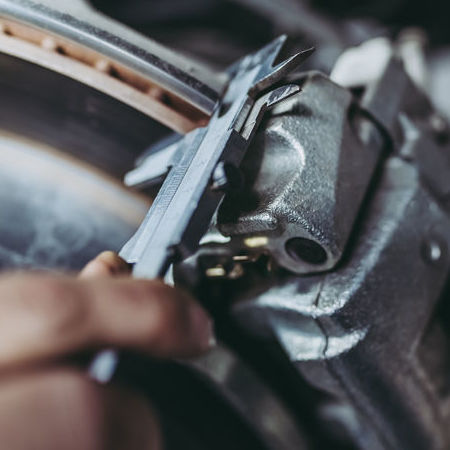
Can an ABS Module Be Repaired?
When an ABS module goes bad, it can be difficult to know what to do first. There are a number of common ABS issues that can happen. An ABS module repair and return service is a service wherein the original part is rebuilt and does not need to be coded to your vehicle VIN. This is because it is original and it came out of your vehicle in the first place. If your ABS light is on or if your ABS pump is always running, it will be important for you to seek out a professional.
What Happens When an ABS Module Goes Bad?
There are a number of signs that you should be aware of when it comes to ABS brakes repair. Please review the following list of symptoms to find out if your ABS module has gone bad and needs replacement or repair.
- The brake pedal is unresponsive. Depending of the model of your vehicle, the brake pedal may become unresponsive. Naturally, this is a very serious problem.
- The brake pads require a lot of pressure in order to function. Brake pads should operate with very little effort. This is only possible if each part of the system is working well.
- The ABS light is on. Commonly, the most pervasive sign of an ABS brake dysfunction is if the light itself is on. It is the equivalent of the Check Engine Light in terms of seriousness.
- Locked up brakes. When the brakes are locking up, the ABS module is behaving erratically.
Can You Drive Without ABS Module?
Caution is necessary if you are attempting to drive a vehicle without the ABS module. The ABS control module in some cars controls the front and rear brake bias. If you are considering driving without an ABS module, please refrain if at all possible.
Can ABS Drain Battery?
If your ABS brakes have failed, then it will cause the ABS pump to consistently run. This means that the battery in the car will eventually run down or fail. If you install an improved ABS relay, it should solve the problem. The best way to find out for sure what the solution is for your ABS module issue is to consult with a verified and insured mechanic who specializes in ABS brake solutions.
How Do I Reset my ABS Module?
If you need to reset an anti-lock brake light, you will want to disconnect the positive cable from the car battery. Then you will want to hold down on the brake pedal to drain the car’s electrical system. This will reset the car’s central computer. If the ABS light comes back on, you will need to change the ABS sensor.
Where to Buy Easy ABS Repair
There are a number of different places where individuals can purchase an easy ABS plastic repair kit. Before embarking on any mechanical repair project, it is important for you to thoroughly research what procedures to use, and what tools you will need. It is always better to be safe rather than make a mistake that you can’t fix.
How Repair ABS Module
Are you wondering how ABS modules are repaired? There are lots of different ways for ABS modules to display signs of disrepair. An appropriate repair authority will be able to fix ABS issues that include a sudden ABS power loss, faulty wheel sensor codes, missing signals from the wheel speed sensor, and more. Because these issues can have different kinds of repairs, it is important to seek out a car mechanic authority for a fix.
Who Repair ABS Module
The best resource for any car owner is an excellent and qualified mechanic. With years of experience and the appropriate credentials, a mechanic will be able to get to the bottom of many if not all electrical or engine-related issues. In some cases, it will be important to find a car dealership that specializes in your vehicle if a local mechanic cannot fix your ABS module or related car issue.
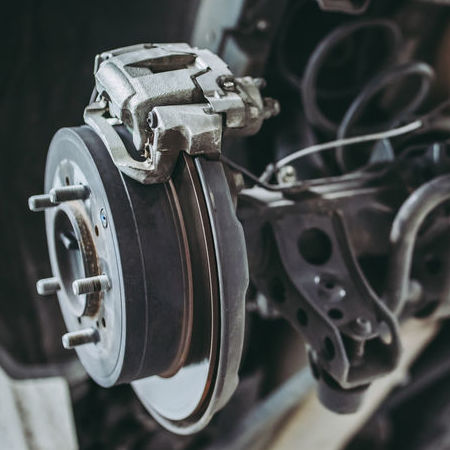
ABS System Repair
When your anti-lock brakes are failing or no longer work, it will be urgent for you to find a responsible mechanic who will be able to give you an excellent purview of your car’s repairs. It is important to select a car mechanic authority that has a good reputation and is transparent about what kind of repairs are necessary. For instance, the brake pads may need to be replaced in addition to repairing or replacing the ABS module. It is also important to consider that your car mechanic is talking to you about the repairs in addition to giving you future advice on how to take care of your vehicle.
When you need ABS repair in Atascadero, CA, you need to rely on a great company. Please give us a call at 805-466-3236 for comprehensive assistance.

